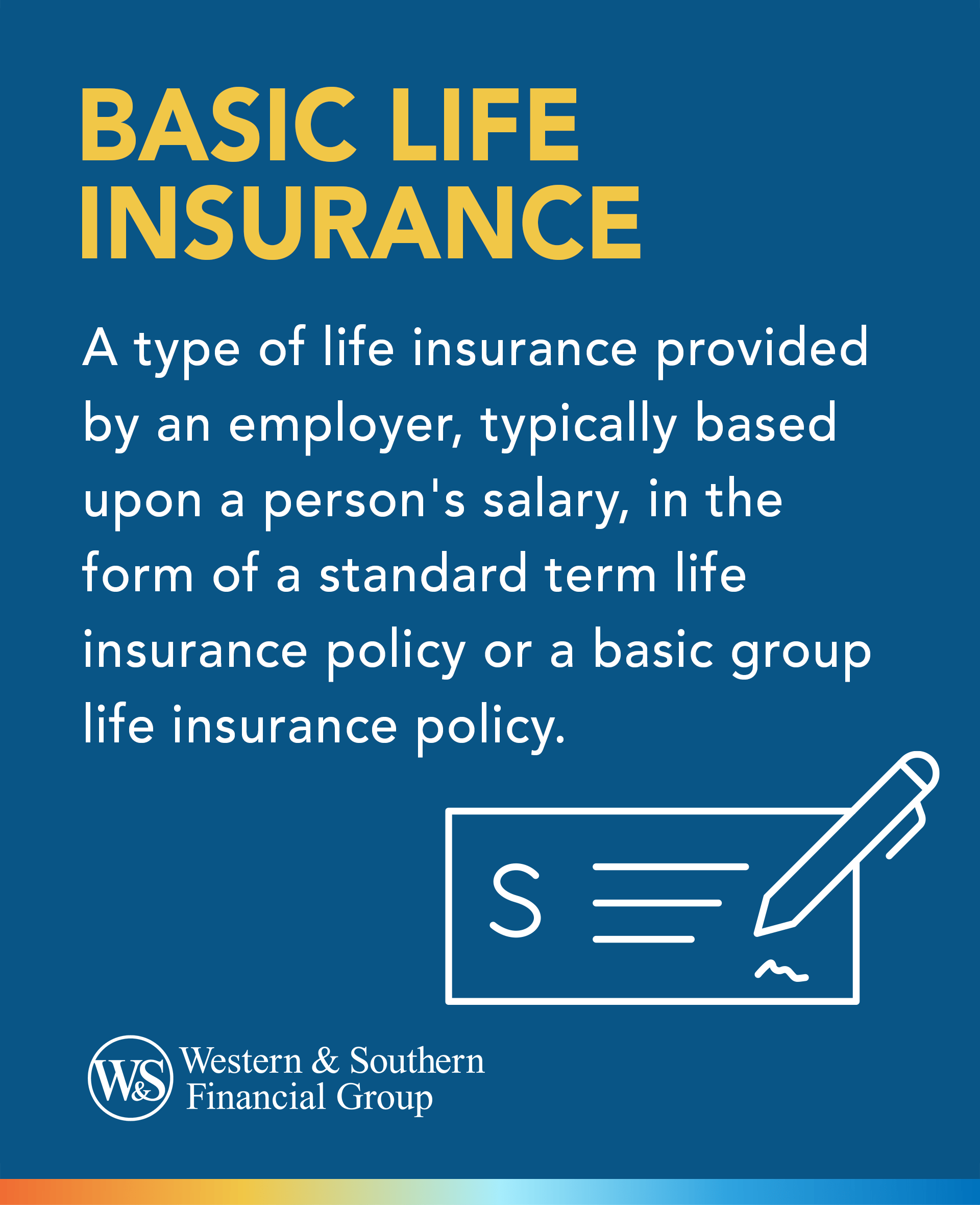7 Trends Daily
Stay updated with the latest insights and trends across various sectors.
Insurance Policies: The Fine Print You Can’t Afford to Ignore
Unlock the secrets hidden in insurance policies—discover the fine print that could save you thousands! Don't miss out on essential tips!
Understanding the Hidden Dangers in Insurance Fine Print
When it comes to insurance, the fine print often contains hidden dangers that policyholders may overlook. Many people assume that their coverage is comprehensive, but a closer examination of the terms and conditions can reveal significant exclusions and limitations. For example, a study by consumer advocates found that nearly 30% of policyholders were unaware of specific coverage gaps in their plans, such as natural disaster exclusions or limits on liability claims. To avoid unpleasant surprises, it is crucial to read and understand every clause in your policy.
Additionally, jargon-laden language can complicate the process of deciphering the fine print. Insurance companies often use complex terminology that can mask the true meaning of the coverage being offered. It's essential for consumers to ask questions and seek clarification on terms that are unclear. Moreover, using a checklist when reviewing your policy can be beneficial. Here are some things to consider:
- Are there any exclusions?
- What is the claims process?
- How are premiums affected over time?
By taking proactive steps, you can mitigate the risks associated with hidden dangers in insurance fine print.

Top 5 Policy Exclusions You Need to Be Aware Of
When it comes to understanding your insurance policy, being aware of exclusions is crucial. Policy exclusions are specific conditions or circumstances that are not covered by your insurance. Here are the top 5 policy exclusions you need to be aware of:
- Natural Disasters: Many policies exclude damages caused by natural disasters like floods, earthquakes, or hurricanes unless you purchase additional coverage.
- Intentional Acts: Claims that arise from intentional acts, such as fraud or deliberate damage to property, are typically excluded.
- Negligence: Some policies may have exclusions for damages that result from a lack of maintenance or failure to adhere to safety regulations.
- Wear and Tear: Routine wear and tear is generally not covered, so understanding the lifespan of your assets is essential.
- Business Activities: Personal policies usually exclude coverage for incidents arising from business-related activities unless specifically endorsed.
What Do You Really Need to Know Before Signing an Insurance Contract?
Before signing an insurance contract, it is crucial to understand the terms and conditions outlined within the document. One of the first things to review is the coverage details, as this will determine what risks are insured and under what circumstances. Additionally, pay close attention to the exclusions section, which specifies what is not covered by the policy. Understanding these elements ensures that you have the right protection and aren't caught off guard when you need to make a claim.
Another significant factor to consider is the premium amount and payment terms. Knowing how much you are expected to pay, whether monthly or annually, and any penalties for late payments is essential. It's also wise to assess the claim process — look for reviews or ask the insurer about their claims handling reputation. This information can provide peace of mind, as it allows you to be prepared in case of a future incident. By equipping yourself with this essential knowledge before signing the insurance contract, you are making an informed decision that could save you time and money.